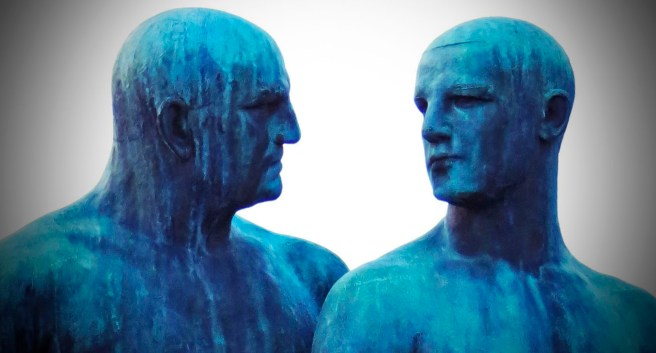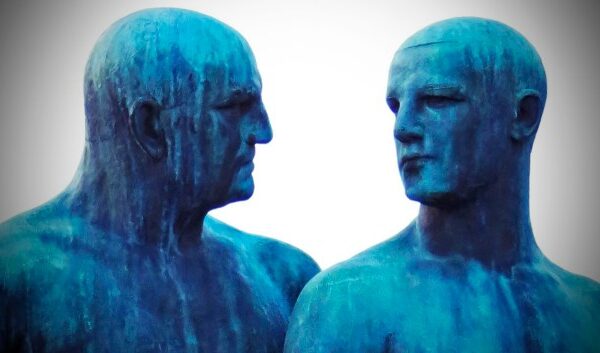
We only keep what we have by giving it away.
Altruism helps the giver. It’s at the heart of mutual aid and lived experience recovery organisations. This study from a few years back explores some of the issues in family recovery groups.
The researchers in this Finnish research looked at communication and support in Al-Anon groups, a 12-step mutual aid network for family and friends of those with alcohol use disorders. In Finland, 97% of Al-Anon members are female and three quarters are partners of problem drinkers. The academics conducted the research through questionnaires (169) and 20 interviews. In the survey they focussed on two questions:
- What elements of supportive communication are viewed as important?
- Why are they important?
Four themes came out of the questionnaires that were explored in the interviews:
- atmosphere
- sharing
- other group members
- others’ experience
What insights did the researchers get? Well they found that the feelings of ‘otherness’ caused by being in a family suffering with a loved one’s alcohol problems were addressed by being part of a support network where the positive community aspects of Al-Anon came into play. It was important to members that there was parity between members which helped with feelings of inferiority. In addition the taboo and stigmatised nature of alcohol use disorder in society meant that there could often be few ways to seek support, but Al-Anon provided it.
Sharing experience was key to healing. Storytelling allows the processing of information but sharing aloud also lets folk analyse feelings and ‘normalise’ difficult experiences. Our narratives are powerful things.
Ultimately the findings underpin an established truth; that, ‘the good of others is the good of oneself,’ a theme that must underpin effectiveness in all the mutual aid groups. The author conclude that the groups give permission for members to ask for help. By helping others, they themselves benefit. There is a functional role created by being a member; you can become and feel useful. Finally, there is the teaching that the only person you can change is yourself, and that is seen as empowering.
This is an study likely to be relevant elsewhere. It takes communication as a theme and explores its agency in Al-Anon groups, identifying and highlighting how human contact and storytelling, ancient and enduring elements of humanity, make practical differences to the lives of families suffering from alcohol use disorder. There is evidence here of the easing of stigma and of the building of self-esteem and empowerment.
There is some evidence that altruism is in some part genetic, but there’s something about warmth, concern and gracious consideration in this paper that makes me want to shy away from a reductionist, scientific explanation. I think the support given to help individuals and families suffering from alcohol use disorders or other drug addiction comes, at least in part, from love.
Continue the discussion on Twitter @DocDavidM
This is an updated version of a previously published blog
